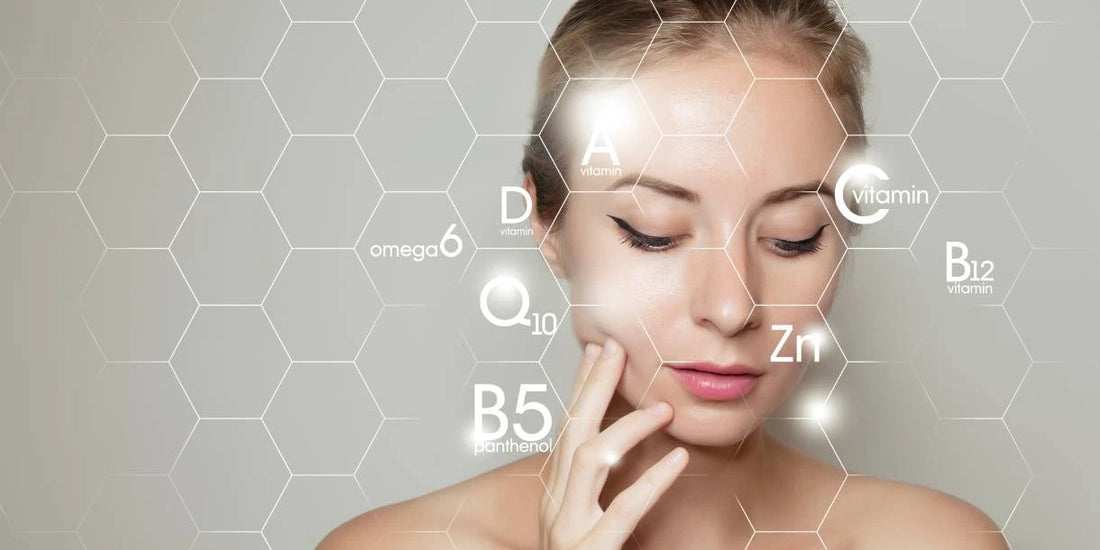Wrinkles are a natural part of aging but do not have to be a permanent part of your skin. Plenty of solutions can help you get rid of wrinkles and lines on your face. Here I list the Benefits of Vitamin E, Collagen, Hyaluronic Acid, and Vitamin C.
Hyaluronic acid
As you age, however, your body produces less hyaluronic acid, which causes wrinkles to appear. Hyaluronic acid is a natural component of your skin and plays an important role in keeping your skin smooth and hydrated. It helps replace lost natural hyaluronic acid and keeps skin hydrated longer than other types of moisturisers can do alone.
Pros of Hyaluronic Acid
- It's inexpensive (usually)
- It's easy to find in stores (most places carry it)
- It doesn't have to be refrigerated or stored in a special way (like some other ingredients do)
Cons of Hyaluronic Acid
- It isn't as effective as collagen for younger people because it doesn't plump up the skin as well as collagen does. This is because hyaluronic acid is made from smaller molecules than collagen, so it can't penetrate the skin as deeply and fill fine lines as effectively.
Collagen
Collagen is the most abundant protein in the body, but it's also one of the least understood.
On the one hand, it's responsible for keeping our skin smooth and youthful and our joints flexible and strong. But on the other hand, many people don't even know what collagen is or how to get enough of it.
Collagen is a structural protein found throughout your body. It's mainly made up of two amino acids: glycine and proline. It also plays a role in tissue repair after injury or surgery.
The main signs of low collagen levels are thinning skin (wrinkles), weak nails that split easily, and hair loss (alopecia).
Pros of Collagen:
- Helps reduce wrinkles and fine lines
- Increases elasticity of the skin
- It prevents sagging and drooping of the face, neck, and chest area (also known as "turkey neck")
Cons of Collagen:
- Collagen supplements can be expensive if not purchased from a reputable brand or store.
Vitamin C
Vitamin C is a powerful antioxidant that helps keep your skin looking younger and fresher. It can prevent wrinkles, fight acne, and fade sun spots. It helps reduce damage to cells caused by free radicals (unstable molecules produced as part of normal cell metabolism).
Pros of Vitamin C for wrinkles:
- It's a powerful antioxidant, which means it can help to fight off free radicals that can cause damage to your skin.
- Vitamin C has been shown to increase collagen production in the skin, which helps fill in wrinkles and plump up the skin.
- It's safe and gentle on sensitive skin, so it's a good option for daily use.
Cons of Vitamin C for wrinkles:
- Vitamin C does not penetrate as deeply into the skin as some other wrinkle creams do, so you may need to use additional products along with it to get the same results as other options (such as retinol).
Vitamin E
Vitamin E is an antioxidant that is found naturally in many foods. It acts as a free radical scavenger and helps protect the body from damage caused by free radicals. It also helps improve skin elasticity and can be used to treat acne and psoriasis.
Pros of Vitamin E
- It helps to prevent wrinkles and slows the aging of the skin.
- It protects against sun damage and speeds up healing from burns.
Cons of Vitamin E
- The biggest risk associated with vitamin E use is an allergic reaction.

